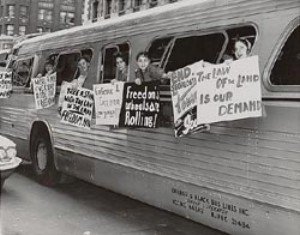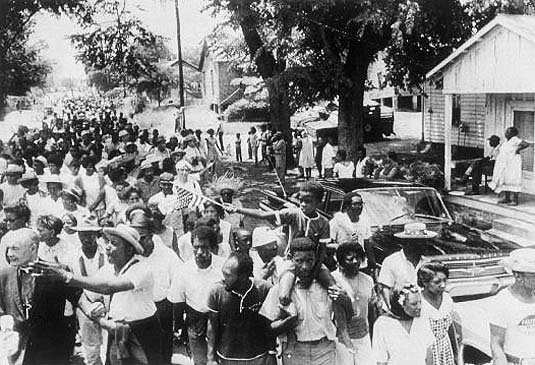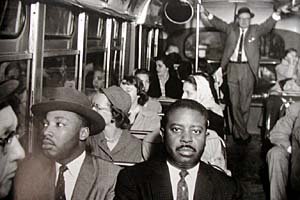- Home
- News & Blogs
- About Us
- What We Do
- Our Communities
- Info Centre
- Press
- Contact
- Archive 2019
- 2015 Elections: 11 new BME MP’s make history
- 70th Anniversary of the Partition of India
- Black Church Manifesto Questionnaire
- Brett Bailey: Exhibit B
- Briefing Paper: Ethnic Minorities in Politics and Public Life
- Civil Rights Leader Ratna Lachman dies
- ELLE Magazine: Young, Gifted, and Black
- External Jobs
- FeaturedVideo
- FeaturedVideo
- FeaturedVideo
- Gary Younge Book Sale
- George Osborne's budget increases racial disadvantage
- Goldsmiths Students' Union External Trustee
- International Commissioners condemn the appalling murder of Tyre Nichols
- Iqbal Wahhab OBE empowers Togo prisoners
- Job Vacancy: Head of Campaigns and Communications
- Media and Public Relations Officer for Jean Lambert MEP (full-time)
- Number 10 statement - race disparity unit
- Pathway to Success 2022
- Please donate £10 or more
- Rashan Charles had no Illegal Drugs
- Serena Williams: Black women should demand equal pay
- Thank you for your donation
- The Colour of Power 2021
- The Power of Poetry
- The UK election voter registration countdown begins now
- Volunteering roles at Community Alliance Lewisham (CAL)
Freedom Riders: USA civil rights victory
 A documentary telling the story of the Freedom Riders who helped to bring US bus segregation to an end 40 years ago is released next month. Ashok Viswanathan recalls the actions of the Civil Rights Movement.
A documentary telling the story of the Freedom Riders who helped to bring US bus segregation to an end 40 years ago is released next month. Ashok Viswanathan recalls the actions of the Civil Rights Movement.
On a November morning forty nine years ago the Interstate Commerce Commission (ICC) issued a ruling enforcing the desegregation of interstate travel. The ruling removed “whites only” signs from terminals, enforcing the end of segregated seating on interstate bus transit and heralding a major victory for the Civil Rights Movement.
Challenging the 'separate, but equal' motto the group of fourteen individuals travelled on two buses from the US Capital Washington DC through the Deep South including North Carolina, Mississippi and Alabama. They sought to test the segregation laws through non violent means, and demonstrate the injustice and inhumanity of the then current legislation.
 As they travelled the region together they faced at best hostility and verbal abuse, and at worst physical violence and arson. To this day it seems remarkable that no-one was killed in the process, and that they lived to tell the tale.
As they travelled the region together they faced at best hostility and verbal abuse, and at worst physical violence and arson. To this day it seems remarkable that no-one was killed in the process, and that they lived to tell the tale.
Their determined and courageous actions brought to world attention the violence and bigotry that existed in large parts of American at that time, but also the State sponsored oppression of Black people in America by agencies like the National Guard, US Marshals and local police forces. Many of whom shared the identical view of the segregationists.
 There had been previous precedence in the advancement of civil rights: 1955 saw Rosa Parks sit down at the front of the bus; 1957 witnessed the forced integration of a School in Little Rock, Arkansas; and 1960 the signing of the Civil Rights Act by President Dwight Eisenhower.
There had been previous precedence in the advancement of civil rights: 1955 saw Rosa Parks sit down at the front of the bus; 1957 witnessed the forced integration of a School in Little Rock, Arkansas; and 1960 the signing of the Civil Rights Act by President Dwight Eisenhower.
However, the freedom riders epitomised a collective and grassroots approach to challenging legislation and its eventual practice. The first freedom riders like all popular movements built a following, others emulated their journey over the following weeks and months, but also sustained the movement by taking their place when they became tired, disheartened, and frankly fearful of the hate and violence they encountered day after day. These followers also included giants in the world of politics and social justice, some who came willingly and others who did not, including President John F Kennedy and Dr Martin Luther King.
This movement changed America forever.
 Last Thursday, the American Embassy in Grosvenor Square premiered a fine documentary film about these ordinary men and women - young and old, black and white - who came to embody the heart and minds of an extraordinary movement for social change in 1961.
Last Thursday, the American Embassy in Grosvenor Square premiered a fine documentary film about these ordinary men and women - young and old, black and white - who came to embody the heart and minds of an extraordinary movement for social change in 1961.
A panel discussion with writers Raymond Arsenault whose book Freedom Riders: 1961 and the Struggle for Racial Justice inspired the film, and with OBV's Simon Woolley followed.
The film will be on general release in the UK in December 2010 and in the US in March 2011.
Ashok Viswanathan is Deputy Director of OBV.
